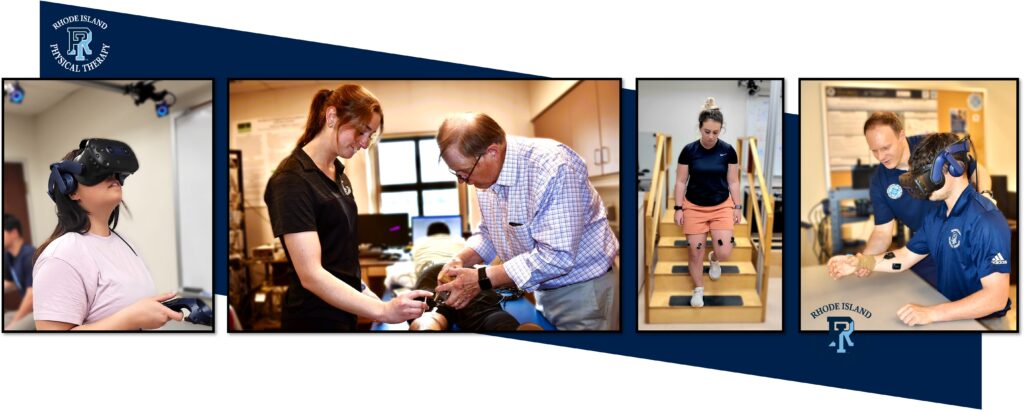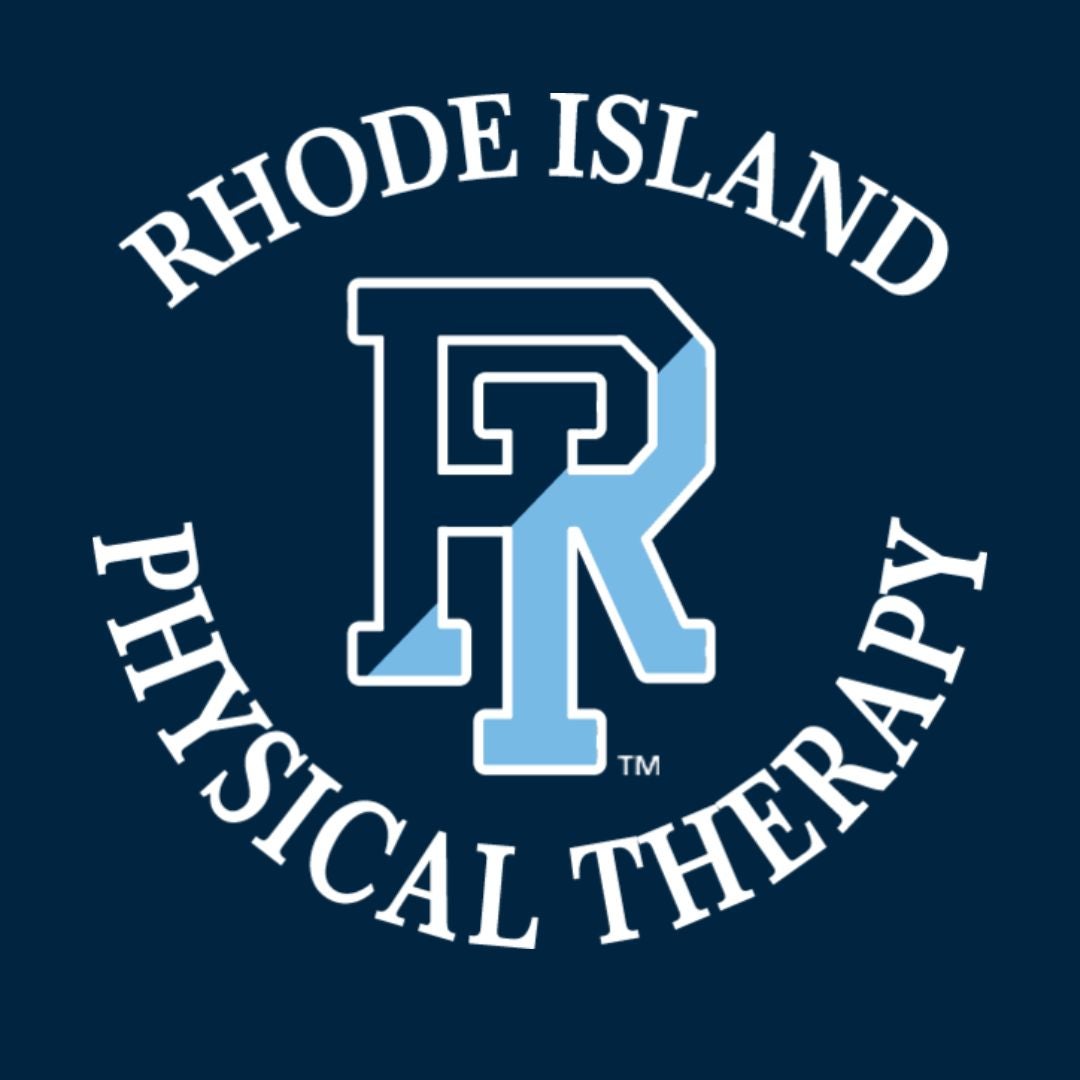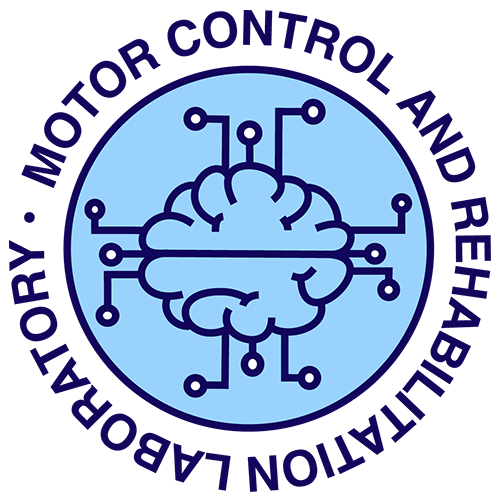
URI Physical Therapy Faculty and Students conduct research on neuro-musculoskeletal systems, community programs, and Doctor of Physical Therapy (DPT) education to enhance evidence-based practice. They utilize clinical and exercise facilities, research laboratories, and expertise to foster adept clinical scholars. Collaborative student teams, under faculty guidance, embark on extensive four-semester series, frequently showcased at esteemed national conferences, including the American Physical Therapy Association, Combined Sections Meeting (CSM).
URI Physical Therapy Faculty are affiliated with the Interdisciplinary Neuroscience Program (INP) and the George and Anne Ryan Institute for Neuroscience. This interdisciplinary approach strengthens our collaboration among many departments including Kinesiology, Communicative Disorders, and Biomedical Engineering to enhance state of the art research in neuroscience, motor control and evidence-based practice. Recently, we received a large grant from the Chaplin Foundation to establish an interdisciplinary Neuro-Learning Center (NLC) that will augment student learning and faculty research efforts. URI Physical Therapy Faculty has secured several other grants, including prestigious awards from Advanced Rhode Island Clinical and Translational Research (RI-CTR), Rhode Island Foundation, and other state and federal agencies such as NSF and NIH.

URI Physical Therapy Faculty members have expertise in key areas of PT practice. The Department is home to researchers with active projects in motor control, exercise promotion, pain interventions, manual therapy, physical performance evaluation, injury prevention, scholarship of learning, and implementation science for musculoskeletal, neurological, aging, and other conditions. Utilizing innovative therapeutic strategies and technology such as Transcranial Magnetic Stimulation (TMS), NeuroNavigation System, APDM Wearable Technologies, Electromyography (EMG), Motion Capture System, Virtual Reality, LightGait, Electrical Stimulators, Biofeedback, Theracycles, Force Sensors, Ultrasound Imaging, Video and Telehealth applications, data visualization, and manual therapy we conduct research in the following areas:
Neurophysiology & Neurorehabilitation:
- Noninvasive brain stimulation (TMS)
- Neural processes (brain circuits) involved in coordination of reach-to-grasp action
- Mechanism of action of PT interventions (dry needling, instrumented soft tissue mobilization ASTM)
- Pain threshold, spinal reflexes, trigger points (H-reflex, F- and V wave)
- Spinal cord motoneurons mechanisms of movement in individuals with concussion and mild traumatic brain injury
Motor Control & Biomechanics:
- Kinematic and kinetic analysis of gait, balance, and mobility (wearable sensors, motion capture systems, and force plates)
- Biomechanics and motor control in orthopedic and neurologic populations
- Upper extremity motor learning and variability in healthy and clinical populations
- Multi-Sensory integration and its role in motor control (EMG biofeedback, VR)
- Robotic Technology and VR in rehabilitation
Interventions for Neuromuscular & Neurodegenerative conditions:
- Student-Led Community-based Parkinson’s Exercise Program (PEG)
- “Boot-camp” clinic for individuals with Parkinson’s Disease (EMPOWER PD)
- Exercise for brain health in Alzheimer’s disease, Stroke, Parkinson’s disease
- Tai Ji Quan for community-based older adults
- Fall prevention screening and community programs
- Tele-Rehabilitation for older adults with dementia and their care partners
Labs
Interdisciplinary Neuroscience Program Partnership
The Physical Therapy department partners with the University of Rhode Island Interdisciplinary Neuroscience Program (INP), which is composed of university faculty from six colleges and 12 departments who conduct neuroscience research. Physical Therapy participates with the INP in the areas of neuromuscular rehabilitation and applied neuroscience. Students interested in acquiring an advanced academic degree (MS, PhD), are interested in conducting research in this area and who are not currently matriculating in another university program are encouraged to apply to the INP.




